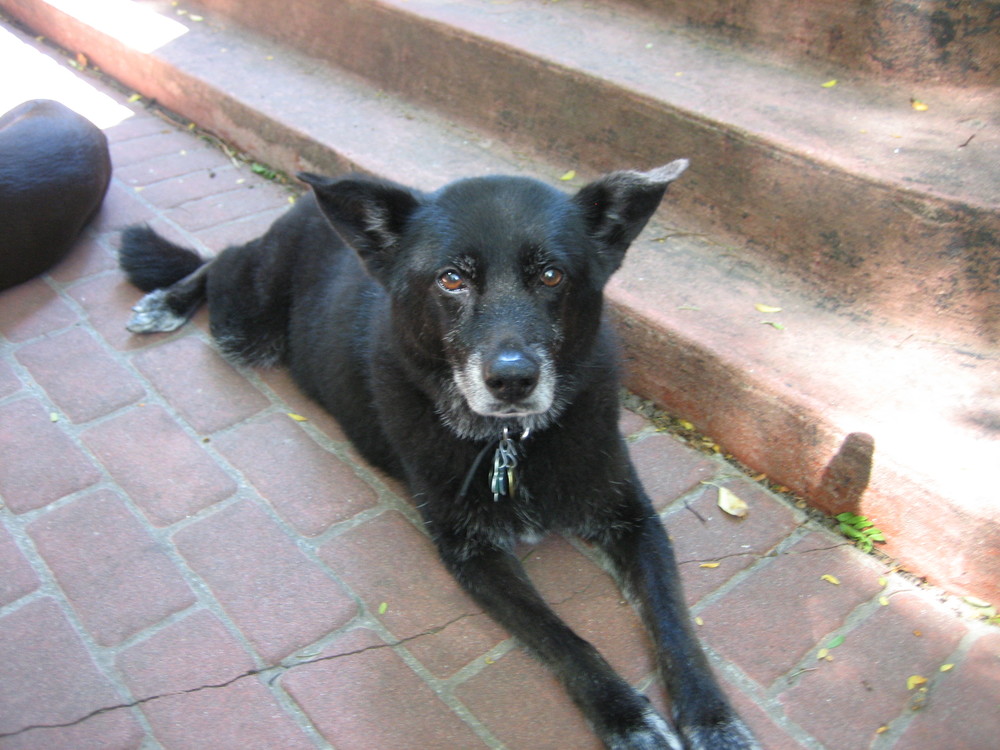 The news is rarely as simple as the media would have us believe. Their job, after all, is to sell our eyes and ears to the highest bidders. A job made endlessly harder for them by the limitless solicitations for our attention. Both commercial and personal.
The news is rarely as simple as the media would have us believe. Their job, after all, is to sell our eyes and ears to the highest bidders. A job made endlessly harder for them by the limitless solicitations for our attention. Both commercial and personal.
In response to this ongoing assault, we have honed our editorial instincts, refining our capacity to decide what information to entertain and what to reject.
For most, this capacity has become refined indeed. In the world of online advertising for instance, our ability to edit out the areas on websites that contain advertising has become so sophisticated that it has its own term - “banner blindness”. Little wonder that the industry norm on banner ad click-throughs is 0.09%. And even less wonder that the Super Bowl sold its advertising inventory at record prices last year.
When met with resistance, or worse disinterest, one of the most typical responses of the messenger is to simplify the problem and raise the risk to the audience of ignoring the information. This creates direct linkages between apparent threat and proposed cause. Riot - poverty. Debt - spending. Stock market - U.S. economy.
The result of which is we live in a world that encourages snap judgements.
The problem with which is that the truth almost always requires context. And exploration.
We just got back from two weeks away to discover the old lady of our pack - Maya - in really bad shape. Maya is 16, and though she’s become known as the Energizer Bunny in our house, when a dog reaches that kind of age, you’re conscious that the end could come any day.
In Maya’s case her deterioration had come rapidly, a sudden lethargy, followed by an inability to stand for more than a few seconds. By the time we got home, she was all but comatose, lying on her side in the den, unwilling or unable to even lift her head.
We waited a few hours and called our friend in Chicago, the vet savant Barbara Royal, who has known Maya for most of her life.
“We think this is the end,” we said. “It’s happened so quickly, and we know there’s nothing you can do, but we just want to make sure we’ve thought of everything.”
Expertise and disassociation is a wonderful thing. Particularly when attached to an inquisitive mind.
“It probably is her time,” Barb agreed. There was a pause. “Is she on any meds?”
“Just Tramadol, for her arthritis. You’d mentioned it in the past and our local vet prescribed it for her to help her sleep. She’s been on it about a month and she’s been fine. It can’t be that.”
“Have you increased the dosage recently?”
“Slightly. A few days ago. We asked our dog sitter to give her a little in the morning with breakfast.”
“I’d take her off it. It’s a morphine derivative, and in a tiny percentage of cases, older dogs lose the ability to tolerate it. I don’t think it’s likely it’s that. But it’s not impossible. You’ll know in a couple of days.”
Three days ago I would have best the farm I would been writing a memoriam to Maya by today. But after two days of little change, yesterday she suddenly broke through the fog and started trotting around again unassisted. By last night she was back to barking with the best of them. For how long, who knows - she's about 91 in human years. But we know what not to do to prolong her life. And we learned the obvious answer is not always the answer.
Sometimes, however, context requires looking a little further back.
In the mid 1990s, managed care homes for older people across Britain started experiencing reduced demand. After decades of growth, both the government and the managers of the care homes were struggling for answers. Was it quality of health care, improved diet, a shift in society’s willingness to take care of older people at home?
In the end, they realized the answer required a broader context. About eighty years of context.
Because the reason that fewer older people were moving into care homes in the 1990s was because there were suddenly fewer older people.
Which is what happens when eighty years earlier a war is responsible for the death of one million of your young people.
As we struggle to build businesses that sell the subjective in times of uncertainty, the urge is to edit the obvious and narrow the focus.
But all decisions have consequences, regardless of how quickly or haphazardly they are made.
Reason to make sure we know what we think we know.
And that we take the time to judge results both by what happened, and by what we thought would happen.
Which is the essence of learning.
Cause and effect in action.

























